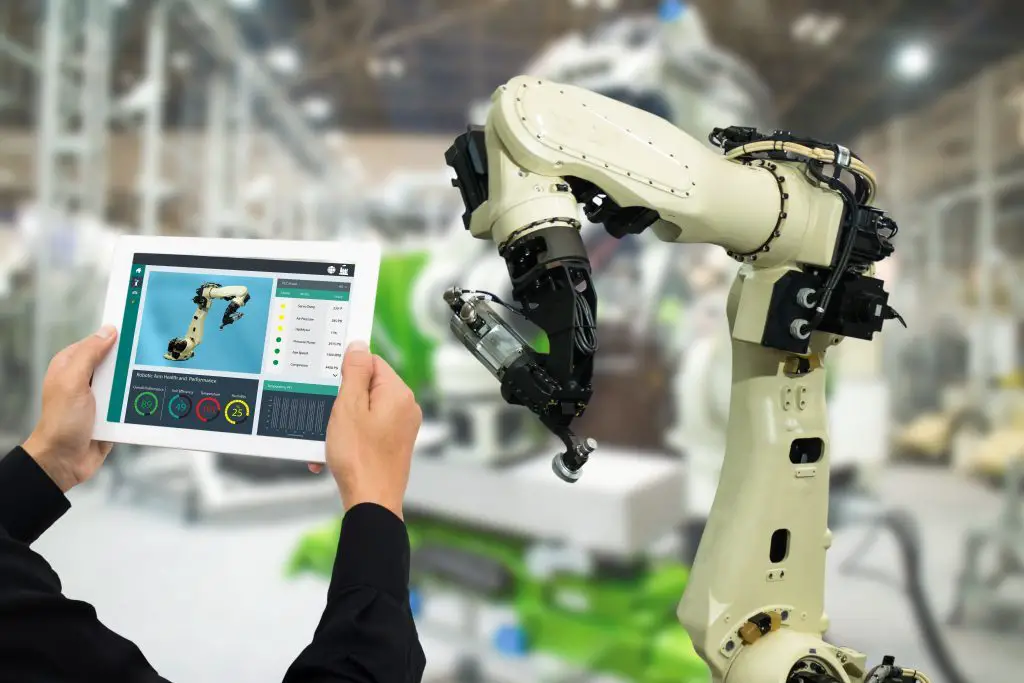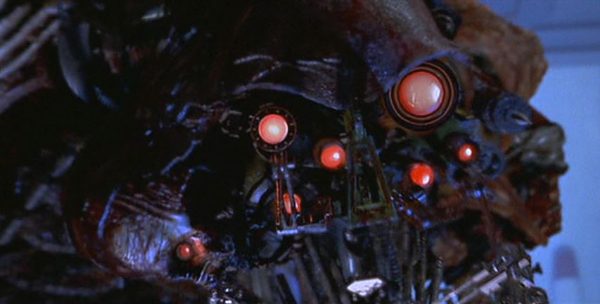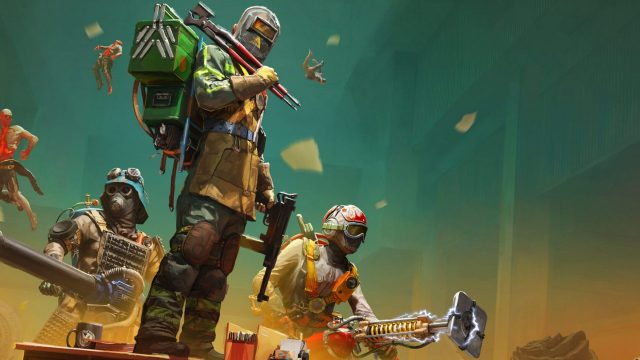The complaint that education doesn’t catch up with modern trends has been around since forever. It’s hard to figure out whether education was always like that or not. But it became more obvious in the 21st century. It often feels like not only people are suffering from FOMO (fear of missing out), but institutions experience it as well.
The world is rapidly changing, and sometimes it feels extremely difficult to keep up with it. You get desperate, especially if you believe in the formula that things you do today affect your tomorrow. Nowadays, you may get the feeling that things you do today may have no impact tomorrow at all.
Students used to opt for ordering from an essay writing service to have more free time or because the subject was way too difficult for them. Those are your reasons as well, but they are secondary. You order from assignment services ‘cause you’re not sure that writing an essay today will matter tomorrow. Technology is changing the world. And some fear that:
- Robots will replace employees
- AI will replace writers
- The rise of the machine will start
Gladly, there are enough materials on the possible threats of the technology that you can find online to come down or get reassured in your fear. Yet, there’s your prospective career that depends on technological advances. What changes will it go through? Whether it will go extinct? To answer those questions, you need to figure out how technology changes traditional business models.
Traditional Distribution & Big Brands Monopoly
Of course, the first thing that comes to mind is e-commerce. Digitalization took over pretty much everything. Previously, to sell their products, businesses had to make sure that the goods were placed on the shelves of brick-and-mortar retail stores. That means that there were more chances for the monopoly of certain brands on the market. But things changed with e-commerce.
E-commerce platforms challenge both the monopoly of particular brands and traditional retail stores. Prospective consumers can find and order the product online and get it delivered to their homes. It’s not that retail stores are just shiny artifacts of the past, but they are becoming less and less relevant.
Aside from e-commerce platforms, there are online marketplaces like Amazon and Alibaba. By using them, small businesses have stronger chances to reach national and global consumers from around the globe. Definitely, it disrupts the monopoly of big brands and also challenges traditional distribution.
Brand Awareness
The way businesses promote their products or services changed greatly with digitalization. Previously, brand awareness mainly focused on billboards, print ads, and TV & radio commercials. And the budget played an important role in all that. Basically, the bigger the budget, the better – as the bigger budget meant more billboards, more ads, and more commercials.
Those ways of product/service promotion are still used, but the main focus shifted to the online world. Nowadays, the ranking of your business in web searches is more essential. So, businesses use search engine optimization. Social media presence is also quite important, as that’s one of the best ways consumers can reach out to businesses and vice versa.
Transparency is the new norm. If you want the consumers to trust you, you need to provide them with all the information on your brand and the products or services you offer. Also, going back to budgets, they do matter, but far less. Mainly because a gigantic budget no longer equals success.
You can spend a lot of money on ads in hopes that prospective buyers will linger to your service. But choose the wrong platform, and your budget is wasted. So, it’s better to focus on SEO, which is cheaper and more productive.
Professions to Become Obsolete
If you check out the history, you’ll learn that with every new century, new professions were appearing, while some old professions were going obsolete. For example, in 1983, Susan Glines became the last switchboard operator. The “switchboard operator” may say nothing to you. It was one of the main occupations in the early days of telephony, but as everything went automated, this profession became obsolete.
The 21st century is not going to be different. And AI will eventually take certain professions. And professions like receptionists, customer support consultants, couriers, and retail salespersons are at the highest risk of getting replaced with AI by the end of the 21st century. Businesses won’t be the same anymore, as they will require fewer employees, with certain occupations going extinct.
Algorithms Decide How Much You Pay
Have you ever wondered why the prices of your, let’s say, Uber rides change from day to day? Well, more and more companies are implementing pricing algorithms. The algorithms take into account various aspects to produce a certain price. The factors affecting the decision may include anything from the time of the day to the weather. It has two weaknesses.
Going back to Uber. In 2017, during the terrorist attack on London Bridge, the algorithms sensed the rising demand in the area, and as a result, the ride prices skyrocketed. Uber had to manually fix the prices and refund the users who were overcharged. And that’s one of the best examples of the first weakness of pricing algorithms — the lack of empathy.
You may wonder what empathy has to do with business, but it’s crucial. Generally, the pricing is done after understanding the psychological effects the price may have on customers. Completely lacking empathy, pricing algorithms fail to anticipate and analyze the effects the price change may have on consumers. And it can cause trust issues between the business and its customers.
The second weakness is the lack of long-term perspective, which is crucial for corporate strategy. Basically, the algorithms consider only real-time factors for the price. Which won’t help build long-lasting relationships with customers. But, they can have anticompetitive effects on businesses. As regardless of the price set by the business, the algorithm may cut or increase it.
Increased Competition
Technological advances make it easier for competitors to enter the market. Thus, they lead to increased competition. Remember the time when Netflix was the major streaming platform in the world? Its sole reign quickly ended when streaming platforms from HBO and Disney were presented. All those platforms use cloud computing services.
But can all services run on one cloud computing services provider? Of course, not. That will lead to monopoly and increased cloud usage costs, which will have a negative impact on the provider’s profit. Thus, more cloud providers will appear, leading to increased competition in the market.
Final Thoughts
Those are just a few ways that technology disrupts traditional business models. But, when you think long enough about it, you can see that everything changes and nothing changes at the same time. Business models are constantly changing, with new ones replacing old ones. But, in the end, the core idea and core aims remain the same.
Yes, AI may take the job that you considered for your career path. But you can always choose a different job. Billboards and commercials may become less relevant. Yet, the products or services will be promoted to you. And algorithms may decide which price you pay based on whether it’s raining or not. You may dispute the price, but you still have to pay.













